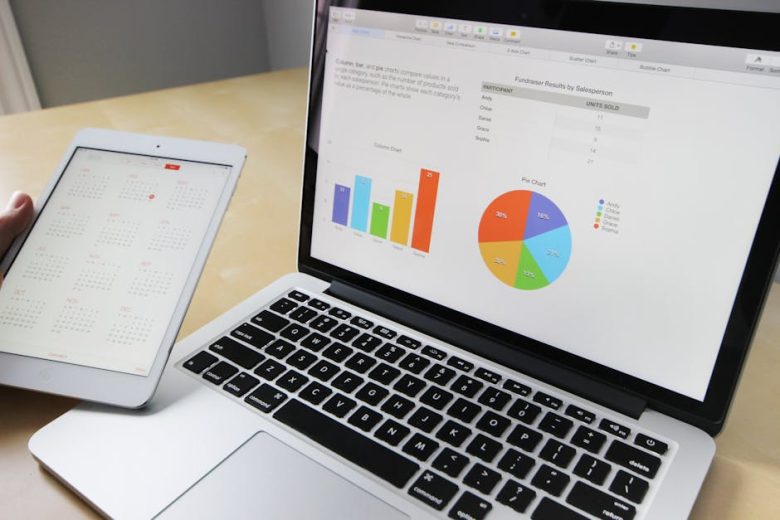In a world where physical health often takes center stage, mental health remains shrouded in stigma and misunderstanding. Many people suffer in silence, battling their inner demons while the world around them remains blissfully unaware. This invisible struggle can lead to feelings of isolation, hopelessness, and despair, creating a pressing need for awareness and compassion. As we delve into the complexities of mental health, we uncover not only the challenges faced by individuals but also the hope for a brighter future.
The COVID-19 pandemic has exacerbated mental health issues globally, highlighting the urgent need for conversations about emotional well-being. Lockdowns, social distancing, and economic uncertainties have led to increased rates of anxiety, depression, and loneliness. The isolation that many experienced during this time has left lasting scars, reminding us that mental health is as critical as physical health. By fostering open discussions and validating feelings, we can begin to dismantle the barriers that prevent people from seeking help.
One of the most significant challenges in addressing mental health is the stigma that surrounds it. Many individuals feel ashamed to admit they are struggling, fearing judgment from friends, family, or colleagues. This stigma can be particularly pronounced in certain cultures, where mental health issues are often dismissed as signs of weakness. As a society, we must work to change these narratives, promoting the understanding that asking for help is a sign of strength, not weakness. By normalizing conversations about mental health, we can create an environment where individuals feel safe to share their experiences and seek support.
Moreover, access to mental health resources remains a critical issue. Even when individuals recognize their need for help, barriers such as cost, availability of services, and lack of trained professionals can hinder their journey toward recovery. The disparity in mental health care access is particularly evident in underserved communities, where resources may be scarce or non-existent. Advocacy for mental health funding and the expansion of telehealth services can play a pivotal role in bridging these gaps, ensuring that everyone has the opportunity to receive the care they need.
Despite the challenges, there is a growing movement towards mental health awareness that offers a glimmer of hope. Organizations and individuals are coming together to advocate for mental health education, aiming to equip people with the tools they need to support themselves and others. Initiatives like Mental Health Awareness Month and community support groups are making strides in breaking down stigma and promoting understanding. The more we share stories and experiences, the more we can foster empathy and solidarity among those who are struggling.
As we reflect on the complexities of mental health, it is clear that while the battle may be invisible, the impact is profoundly real. We must continue to advocate for change, ensuring that mental health is treated with the same urgency and importance as physical health. By fostering open conversations, improving access to resources, and dismantling stigma, we can create a future where individuals feel empowered to seek help without fear. Together, we can turn the tide on this invisible battle, transforming pain into understanding and isolation into community.



